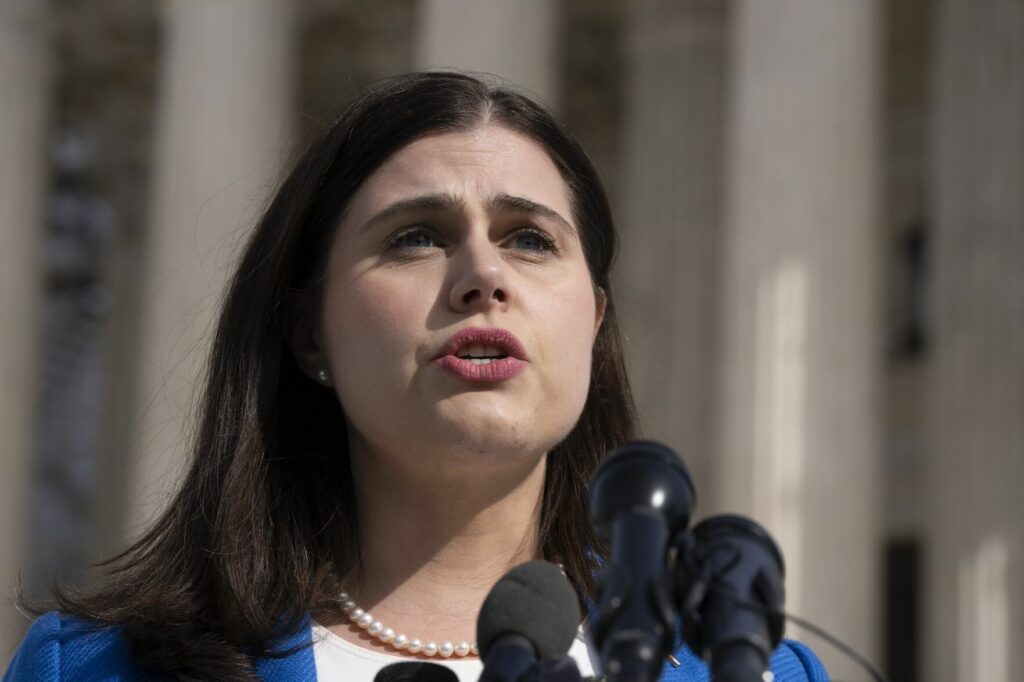Colorado lawmakers propose $38.5 billion state budget

Lawmakers in the state Senate this week will shift their focus to the upcoming fiscal year’s state budget, a proposal that includes a dramatic hike in health care spending.
The 2023-24 budget, as contained in Senate Bill 214, stands at $38.5 billion, including $14.7 billion in general fund dollars, an increase of about 8.9% from the current year’s budget.
The latter portion comes from corporate and individual income, sales and use taxes, and is the part of the budget over which lawmakers have the most control.
All told, the proposed budget, which lawmakers introduced on Monday, is $2.5 billion more than the final 2022-23 budget of $36 billion.
In between the end of the 2022 session and today’s introduction of the bill for the 2023-24 budget, the legislature also approved a package of mid-year adjustments, which subtracted $189 million from the 2022-23 budget.
The state budget is made up of general funds; cash funds, which can only be used for targeted purposes – higher ed tuition makes up the largest portion of those dollars – and federal funds, which cover matching dollars for Medicaid, for example.
The $38.5 billion state budget relies on revenue forecasts presented on March 16 by the governor’s Office of State Planning and Budgeting. It also relies on 30 accompanying bills, known as orbitals, that move along with the long bill – that’s the main budget measure – and are required to balance the budget.
The budget is required by Colorado law to be balanced, and it’s the only obligation of the General Assembly spelled out in the state Constitution.
The six-member Joint Budget Committee crafted the budget package. The panel began working on the proposal last November, when Gov. Jared Polis presented his spending plan.
Here are some of the highlights:
- The agency with the largest budget is Health Care Policy and Financing, which pays for Medicaid, with a budget of $15.5 billion. That’s $844 million more than in 2022-23.
- Education comes in second at $7.1 billion. However, most of what happens in the education budget will wait until the School Finance Act is introduced in the coming weeks. That bill will include adjustments, for example, to the budget stabilization factor, a debt to K-12 education that has existed since 2012. Currently, the debt stands at $321.2 million, down from its high in 2020 of $1.15 billion. Gov. Jared Polis sought $104.2 million to reduce the BS factor for 2023-24; he has pledged to pay it off within the next couple of years. Those dollars will come from the State Education Fund, which is not included in the budget bill.
- The budget for the Department of Corrections exceeds $1 billion. That first happened in the current year’s budget, the result of additional dollars added in the mid-year budget adjustments.
- Higher education institutions will be allowed to increase by 5%, the largest such hike since the 2017-18 fiscal year. Polis had asked for 4%, noting that such an increase is still well below the rate of inflation.
- State law requires the JBC to budget using current law. But the panel traditionally sets aside money in the budget to cover bills still moving through the legislative process. This year’s set-aside is $30 million, $10 million less than last year, a reflection of the tight situation budget writers find themselves in.
The Senate will begin working on the long bills and orbitals on Tuesday, when the Senate Appropriations Committee will hear them. The caucuses will also meet on Tuesday to review the budget with their JBC members and to craft amendments.
On Wednesday, the caucuses will meet again to review the amendments offered by each side and then will begin debating the budget, with a final vote expected on Thursday. The budget bill then heads back to the JBC, which will likely strip off the amendments from the Senate and send a clean bill to the House, which will work on the budget next week.
The School Finance Act is usually introduced once the state budget has been sent to the governor.














